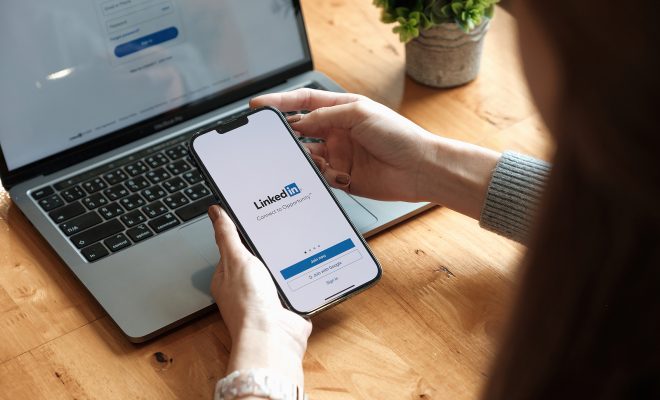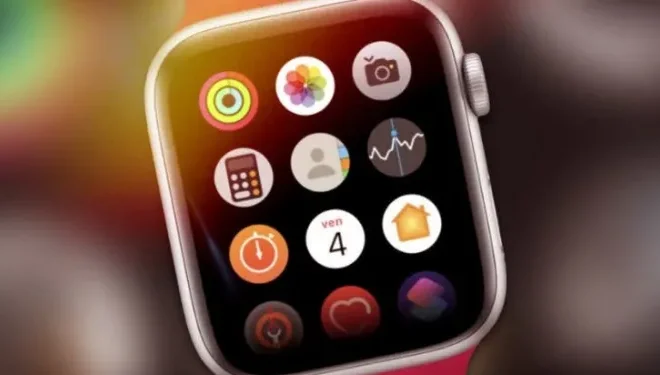Why You Shouldn’t Constantly Close Apps on Your iPhone

As an iPhone user, you might have been advised by tech-savvy friends or read articles online on the importance of regularly closing your running apps to save battery life and speed up your phone. However, contrary to popular belief, regularly closing apps on your iPhone may not be necessary and might even result in negative consequences.
Here are some reasons why you shouldn’t constantly close apps on your iPhone:
1. More power consumption
Whenever you open an app, your iPhone utilizes some battery life to launch the app and keep it running in the background. However, when you frequently close and relaunch apps, your iPhone expends more power than letting the apps run in the background. This is because the launching process is more battery-intensive than simply resuming the app.
2. Slow app launching
When you close an app, it is removed from your phone’s RAM, which is used to temporarily store active or recently opened apps. The next time you open that app, instead of resuming it from where you left off, your iPhone has to relaunch the app from scratch, causing delays in loading time. This becomes more evident if you have several apps closed and try to relaunch them quickly.
3. Unnecessary storage usage
When you close an app, you may assume that it is removed from your phone’s memory and storage. However, this isn’t always the case. Some apps like social media apps, messaging apps, or location-based apps may still use some storage space even when closed. If you frequently close apps, you may end up filling your phone’s memory with junk files that you thought were deleted.
4. Background refresh
Closing apps on your iPhone restricts apps that rely on background refresh or notifications from working in the background. Background refresh is a feature that allows the app to update its content or data when it is not in use. For example, if you close your email app, you won’t receive real-time updates on new emails unless you manually refresh the app or reopen the app. This may cause you to miss important notifications or updates from your apps.
In conclusion, constantly closing apps on your iPhone may seem like a good idea, but it may not be necessary, and even counterproductive. Unless an app is frozen or not working, it is better to let it run in the background and utilize your phone’s memory, battery, and storage efficiently. By doing this, you can save yourself the hassle of relaunching apps, slower app launching times, and missing out on important notifications, emails, or updates from your apps.






